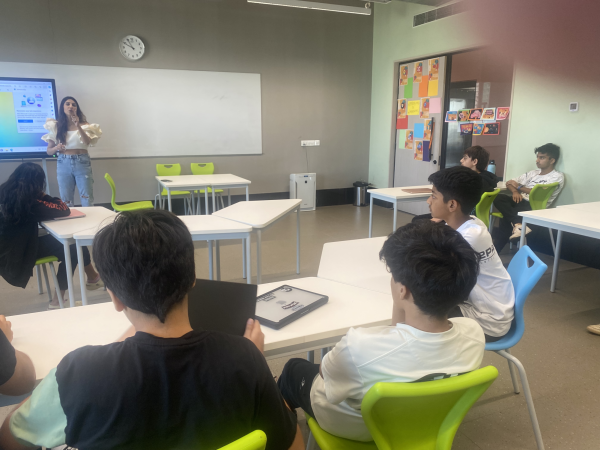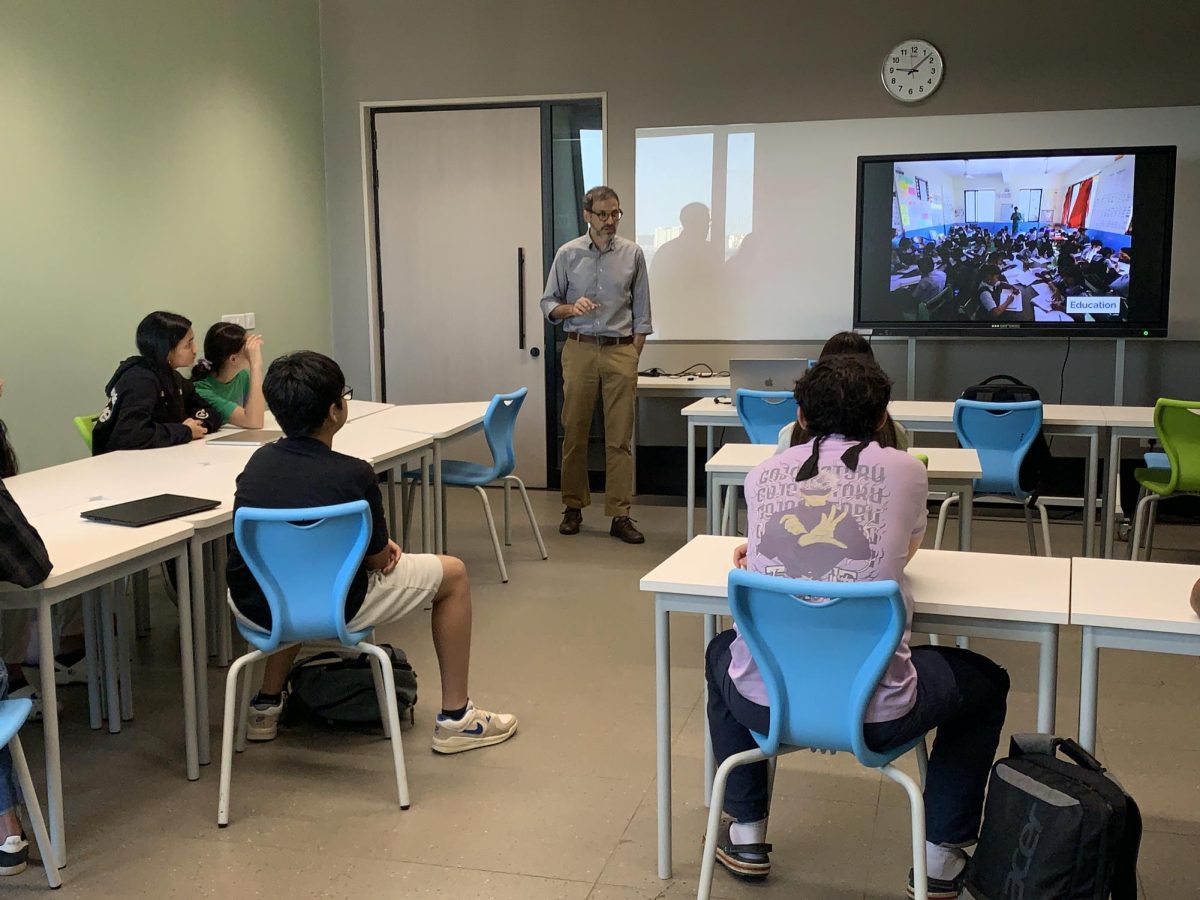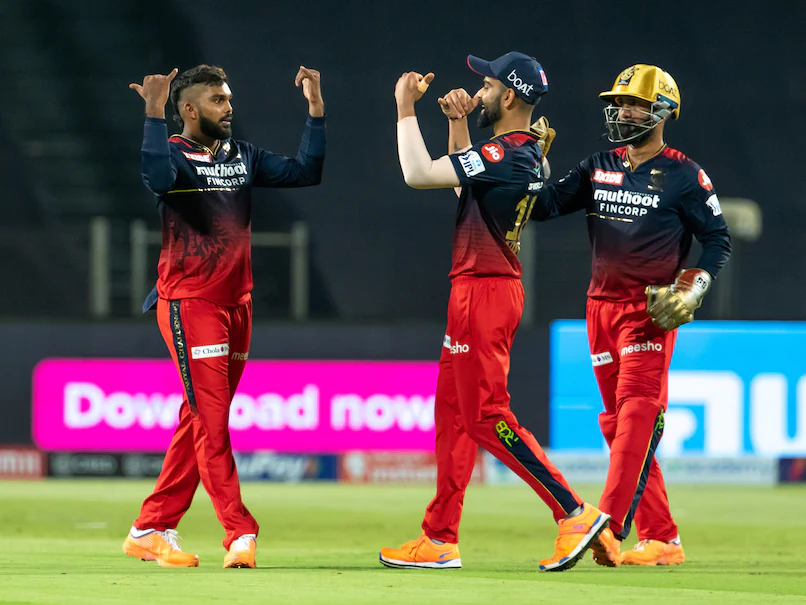In the ever-evolving landscape of career choices, students are often faced with the daunting task of deciding their future paths. From subject choices to college application essays, the decision-making process connected to one’s future can be overwhelming with the many options available, from traditional professions to entirely new industries. However, amidst this uncertainty lies a beacon of hope: Career Day. On March 26th, 2024, Ascend hosted its very first Career Day, in which students from 8-11th could learn about various careers and their roles in today’s world. On Career Day, members of the Ascend Community (parents and other connections) were brought in to explain their professions to the students, launching many important discussions about different careers.
The day commenced with a panel discussion led by Mr. Tonderai, which provided a platform for students to glean insights from accomplished professionals across 4 industries: law, social work, education, and private equity. This discussion introduced the day’s overarching theme and answered some questions about the various fields. The experts explained the impact of AI on various industries and also talked about their daily lives. This served as a great introduction for students to further navigate the rest of the event.
Following the panel discussion, students dispersed to attend sessions tailored to their interests, as determined by a Google Form they filled out before Career Day.

These sessions featured professionals from various fields, providing students with insights and guidance. Essentially, individual preferences were organized so that each student could participate in the three career sessions that interested them the most. This made the event run a lot smoother and there was no surplus of students around a specific branch of work like there often is at events similar to these occurring in the past.
As students rotated through the sessions, they engaged in discussions and activities designed to deepen their understanding of different careers. Professionals shared their experiences and advice, offering valuable perspectives on their respective industries. Students asked questions, participated in hands-on activities, and absorbed knowledge, gaining a clearer picture of the opportunities available to them. For example, many students visited two professionals who spoke about medicine and the path to becoming a doctor or a medical researcher. A key learning from that session was about how, when combining med school and residency, many don’t become medical professionals until their late 30s or early 40s. The structure began with the professionals speaking about their experiences and then transitioning to a Q&A with the students. This helped the students get an overview of the profession similar to the panel discussion, and the Q&A also helped answer any specific questions limited to each career.
On the other hand, however, a key limitation of Career Day at Ascend was the actual panelists in the discussions, particularly, the fact that they were almost all Ascend parents. That’s not to say they were not well-informed or professionals in their respective fields, but it did bring about a limited dataset for students to look up to when talking about life in the profession. They were looking at only one level of success when their own experiences in the same field could end up being extremely different. Less restricted exposure could have helped students gain a broader perspective on various industries and career paths. Career Day organizers should diversify panelists to include professionals beyond the immediate school community. By doing so, students can benefit from a more comprehensive range of insights and experiences. Ultimately, ensuring a diverse panel of speakers can increase the overall effectiveness and impact of Career Day in guiding students toward more informed decision-making.
One significant aspect of Career Day that left many students bothered was the inconsistency in the professionals leading sessions on the same topic. Despite having three sessions dedicated to each career field, students were surprised to find different professionals leading each session. This inconsistency led to different insights and perspectives on the same career, confusing students who expected uniformity in their learning experiences. For instance, if two students, A and B, both selected finance as their top choice, and A attended the first session while B attended the second, they encountered different professionals, resulting in divergent understandings of the career they both signed up to explore. This underscored the need for better coordination between the school and parent volunteers to maximize both student learning and consistency.
Nevertheless, the atmosphere was one of curiosity and enthusiasm as students explored different career paths. They left the sessions with a renewed sense of purpose and direction, empowered to pursue their interests with confidence. Though there were some problems along the way, Career Day was considered a success and helped students grapple with their difficult future decisions.







